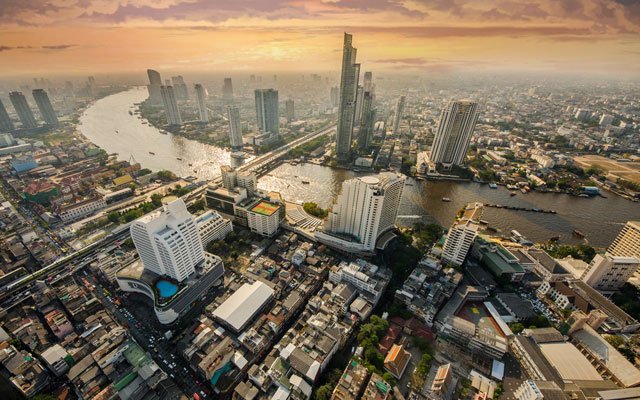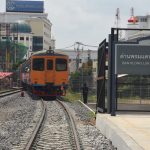Thai government clamps down on unlicensed hotels
The Thai government is cracking down against hotel owners for operating without licenses, with the aim of improving standards in the hospitality sector amid a huge influx of non-licensed accommodation that has flooded the market.
On June 12, Thailand’s National Council for Peace and Order (NCPO) issued Order No. 6/2562 to temporarily suspend the enforcement of town planning and local building control regulations on certain buildings, built before August 19, 2016, that have been used for hotel business operations.
The nationwide order demands illegal hotel operators to notify the authorities only on the use of building while environmental impacts will not be considered. Prosecution charges will be waived for operators who have not been compliant in the past if they register with the authorities. The temporary amnesty is effective until August 18, 2021.
Once the operators receive permission, they will be required to take the necessary measures to ensure that their properties abide by a number of regulations, including the proper installation of a fire safety system, which is required under the Hotel Act but often missing in unlicensed properties.
In 2017, the government had revised the ministerial regulations mainly on environmental conditions and the use of building in a bid to encourage illegal hotels to get licenses, but only few did so while most of them remained unregistered.
Surapong Techaruvichit, former president of Thai Hotels Association (THA) and managing director of Asia Hotel Bangkok, said the government’s latest move is to push illegal hotels out of the market and make them conform to regulations.
La-iad Bungsrithong, general manager of Rati Lanna Hotel in Chiang Mai, said the new measure will make it easier for operators to obtain permissions, while unlicensed hotels will be watched by authorities. Registered hotels will also help to improve the sector’s overall standard and tourist’s safety.
Worapan Klampaiboon, founder of Samsen 5 Lodge in Bangkok, shared that many hotel owners wanted to obtain licenses to increase their business value and potentially transfer the properties to heirs, but were often unable to meet the criteria.
According to THA, non-registered hotel or illegal hotels include serviced apartments, guesthouses, condominiums and Airbnb home rentals.
The association gauged there are nearly 20,000 hotels excluding Airbnb are in the country. Of that number, only 8,000 are registered hotels with a total of 400,000 rooms, while there are over 10,000 operators with 500,000 illegal rooms.
Bangkok alone has more than 300 illegal hotels, while more than half of the total hotels in other major Thai destinations such as Phuket, Chiang Mai, and Pattaya also do not have licenses.




